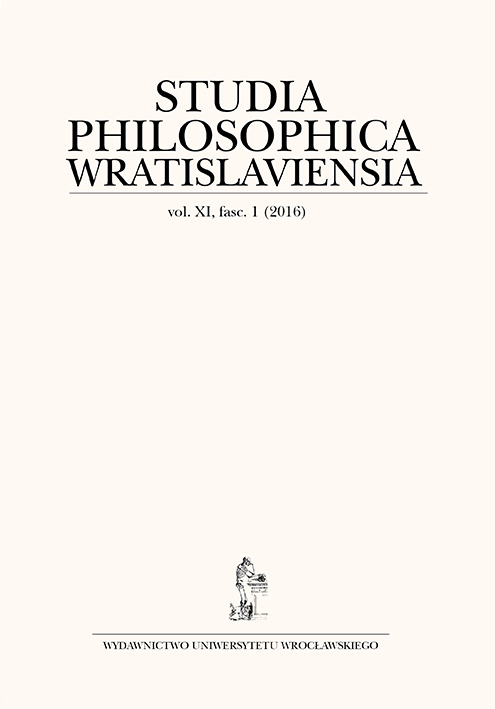

ARTYKUŁY

The aim of the paper is to address some aspects of the notion of the good as seen within the neo-Aristotelian framework. My general thesis is that normativity typical for the good is organized along two vectors: one pointing at nature as the source of the concept of flourishing, and the other aimed at emancipation enabled by the standard of good life of a human being set by the latter. My argument for this is threefold. I start by addressing the classical notion of the good as seen by Aristotle and Aquinas, highlighting the relation between metaphysical background and the kind of normativity typical for the concept of the good. Then, I turn to Martha Nussbaum’s capability approach, which I take as an attempt to use the Aristotelian functionalist framework to express a certain emancipatory project, yet free from its naturalistic grounding. The analysis of this standpoint enables pinpointing some deficiencies of such a selective form of Aristotelianism on the one hand, and on the other, highlighting an important change in setting the concept of the good as the main normative notion in moral philosophy of a modern kind. Finally, I point out some possible contemporary forms of the concept of the good and the uniqueness of normative propositions rooted in it.